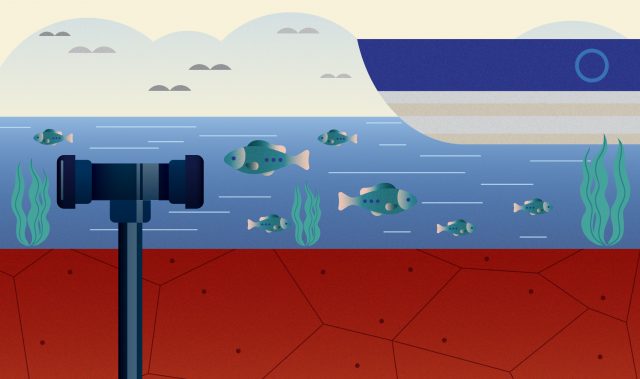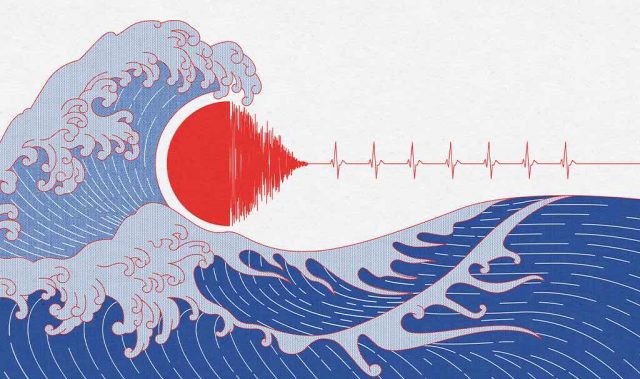
AsianScientist (Nov. 25, 2015) – A research group at the University of Tokyo has discovered a novel epigenomic mechanism by which prostate cancer resistance is acquired. This result, reported in Nature Communications, is expected to help in developing new treatment strategies for cancers that no longer respond to hormone therapy.
Prostate cancer is the most frequently diagnosed cancer in men in western countries and the number of patients and deaths is rapidly increasing in Japan, making the treatment of prostate cancer an urgent clinical issue. Prostate cancer is promoted by the action of the male sex hormone, androgen.
Because androgen induces the development of prostate cancer and accelerates tumor growth, hormone therapy that inhibits androgen action is effective and widely used for treating this cancer. However, the acquisition of resistance to hormone therapy in the course of treatment is a major problem, and the cause of the hormone resistance had remained unknown.
Professor Satoshi Inoue, Department of Anti-aging Medicine, Graduate School of Medicine, the University of Tokyo, and Assistant Professor Ken-ichi Takayama, Department of Geriatric Medicine, Graduate School of Medicine, the University of Tokyo, have demonstrated a novel epigenetic mechanism involved in prostate cancer progression to hormone therapy resistance.
The researchers found that microRNAs (miRNA), activated by androgen and induced in the hormone therapy resistant state, are responsible for a global epigenetic change in prostate cancer cells and are involved in the disease progression by repressing expression of the TET2 gene. This epigenetic change is the key to the activation of cancer gene expression and promotion of androgen action, leading to cancer progression to malignancy.
“Administering an agent that inhibits the action of miRNA to mice, with prostate cancers that had developed resistance to hormone therapy, increased the effectiveness of hormone therapy,” said Inoue. “When we analyzed the quantity of miRNA produced in prostate cancer cells from human patients, we found that the higher the level of miRNA expression the higher the chance of a recurrence of prostate cancer.”
This finding could be useful for developing a novel diagnostic tool or drug for treating therapy-resistant prostate cancer.
The article can be found at: Takayama et al. (2015) TET2 Repression by Androgen Hormone Regulates Global Hydroxymethylation Status and Prostate Cancer Progression.
———
Source: The University of Tokyo.
Disclaimer: This article does not necessarily reflect the views of AsianScientist or its staff.












